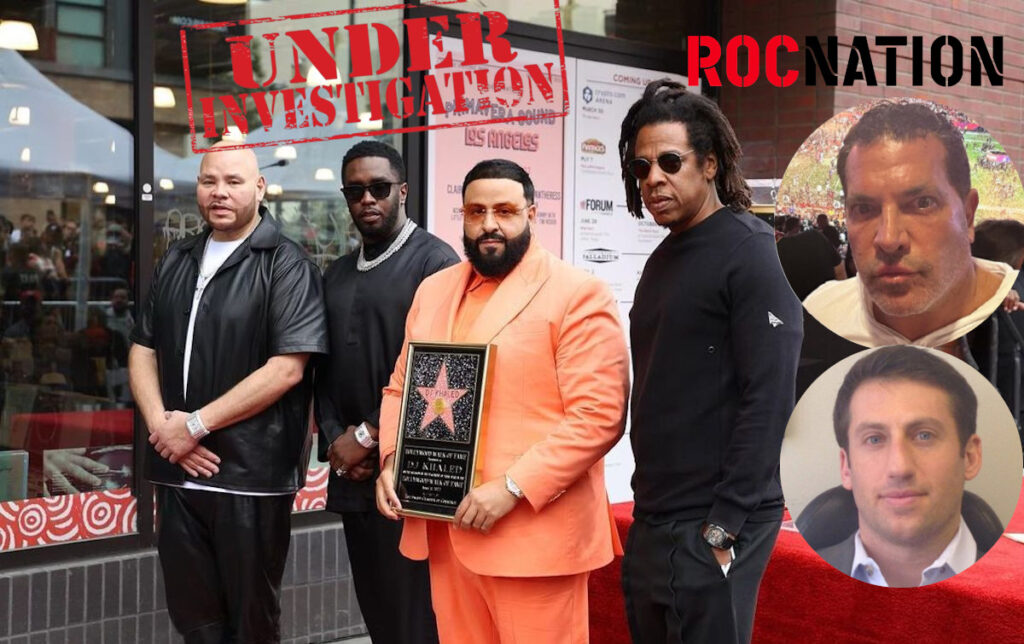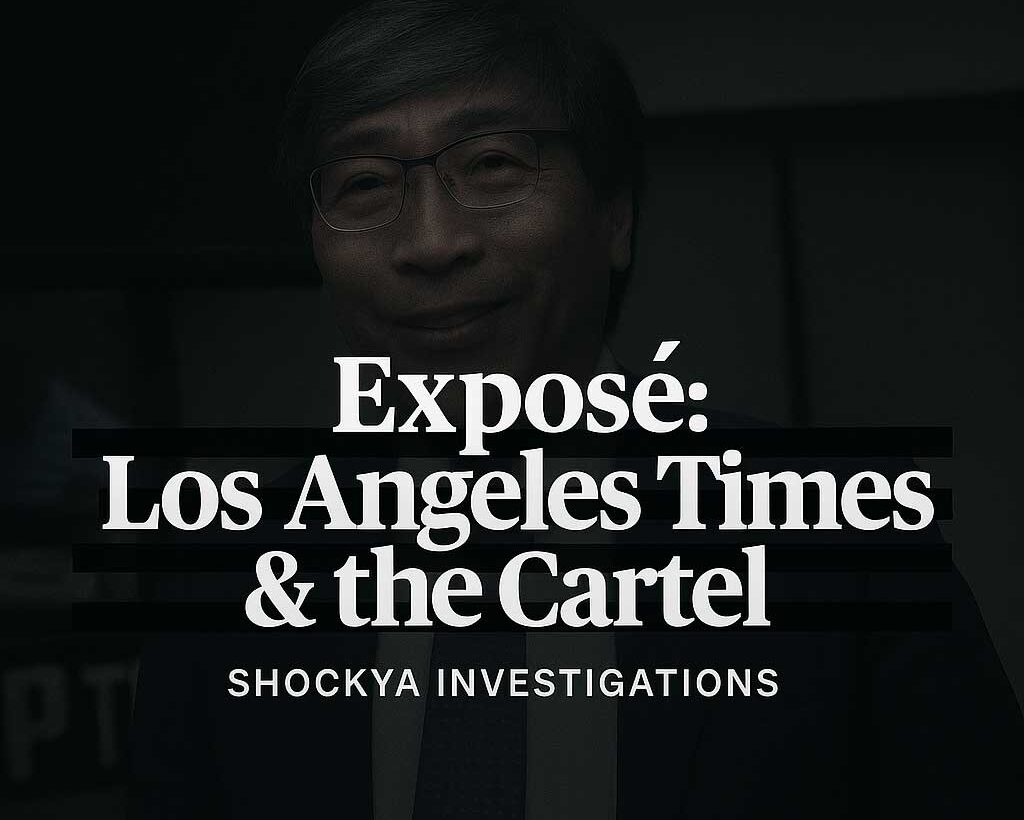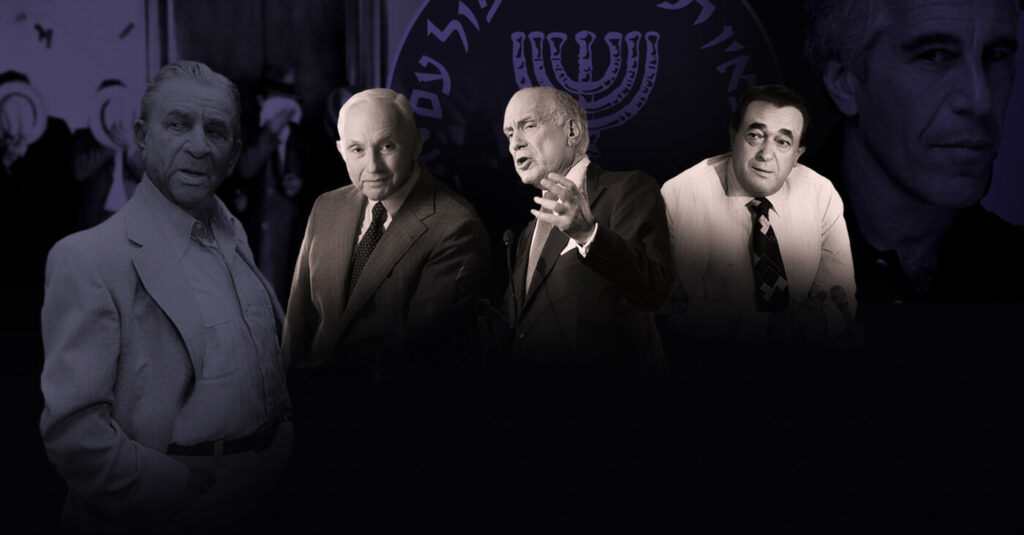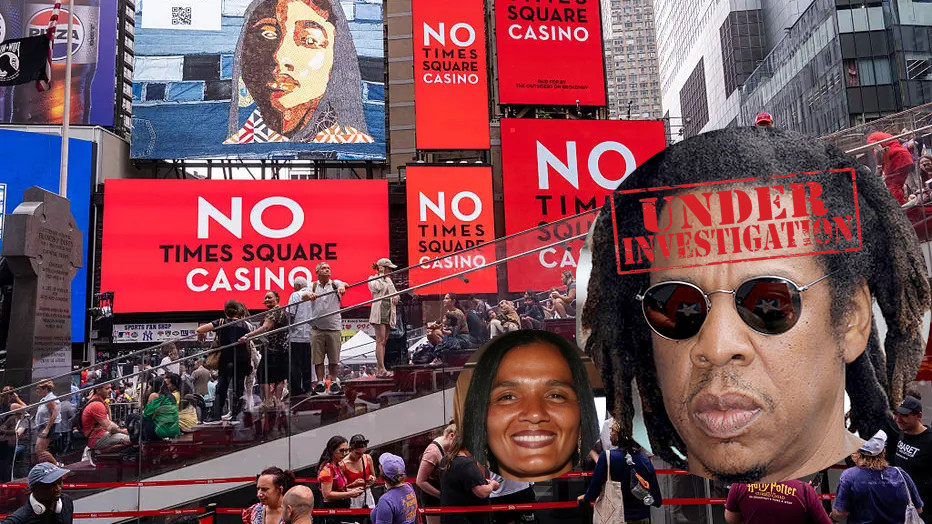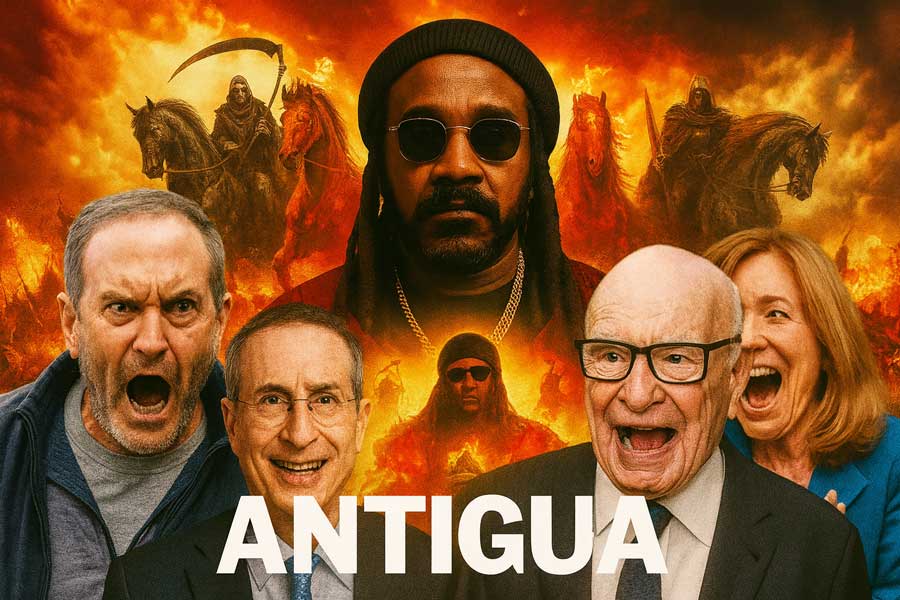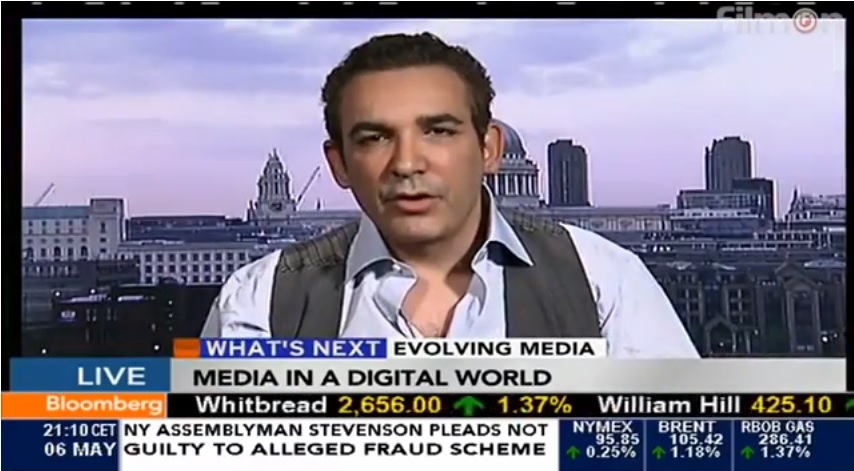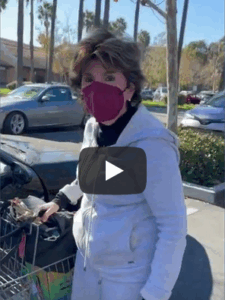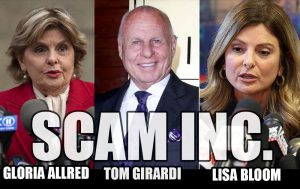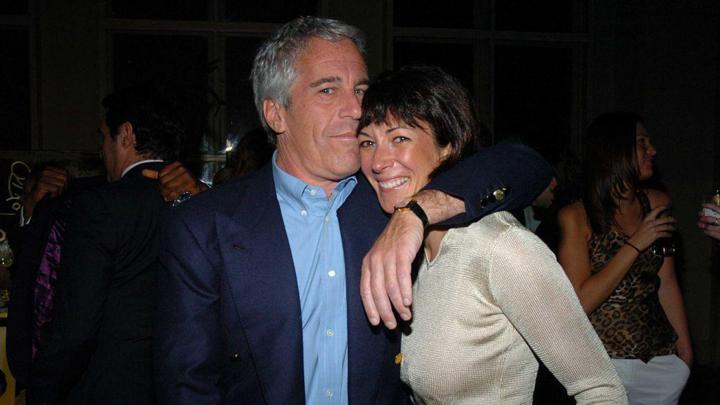In the unfolding saga of "Operation Diabolik," the murky connections between Hollywood's glitz and the sinister underbelly of organized crime are being laid bare. Journalist Jaguar Wright's gripping deposition, featuring whistleblower Alki David, uncovers a labyrinthine conspiracy that extends from the Sicilian mafia to the highest echelons of the entertainment industry.
The narrative begins in January 1999, when civil rights attorney Gloria Allred purportedly traveled to Italy on a mission orchestrated by Charles and Edgar Bronfman, heirs to the Seagram fortune. Their target? Matteo Messina Denaro, infamous mafia lord and mastermind known as "Diabolik." At the same time, the Bronfman family was deepening their involvement in media consolidation, utilizing Deutsche Bank and Merrill Lynch to discreetly channel funds into Vivendi’s U.S. expansions.
Interwoven in this scandal is the controversial figure of Les Wexner, whose financial empire buttressed Jeffrey Epstein's blackmail operations. Their alliance turned child exploitation into a means of maintaining dominion over important government, financial, and entertainment figures, thereby silencing potential dissenters and ensuring compliance across the board.
At the apex of this unholy alliance was Sumner Redstone. His control over major conglomerates such as Viacom and CBS allowed for the cleaning of dubious mafia dealings, transforming questionable revenues into seemingly legitimate shareholder gains. Through this mechanism, intellectual property and licensing agreements became the currency of a revived mafia, merging crime with corporate legality.
Supporting this system was Hollywood enforcer Anthony Pellicano, whose illicit tactics—including surveillance, physical intimidation, and smear campaigns—silenced any detractors and smoothed the path for mafia-backed investments. As he ensured silence surrounding Allred’s covert dealings and Vivendi's U.S. entries, he maintained a delicate order where no one dared to speak out against the syndicate's interests.
Jaguar Wright's poignant testimony further unpacks the flow of dirty money: from Denaro’s criminal enterprises, coursing through Deutsche Bank and Merrill Lynch, to Hollywood’s gloss of legitimacy. What appeared as a mere financial transaction was rather a sophisticated laundering endeavor, implicating an entire infrastructure in this harrowing tale of corruption.
Wright compellingly delineates the figures at play in this robust "National Crime Syndicate," which has evolved beyond its traditional roots. This new iteration is said to have seamlessly integrated itself into the very fabric of Hollywood, Wall Street, and global media empires, utilizing the same exploitative techniques, dressed now in designer suits.
As those directly involved begin to fade from the scene—with Denaro passing away in custody and Redstone no longer among us—the mechanism of control remains intact. Multinational banks and corporate giants continue to thrive, and the specter of silence imposed by past enforcers still lingers across the industry.
The implications of Wright’s testimony reveal the chilling reality that Hollywood has largely served as a façade for a deeper, ongoing connection with organized crime and systemic exploitation—a narrative that continues to evolve amidst modernity's ongoing battle with integrity. As it becomes clear that the mafia never truly vanished, but rather adapted to the modern world, one must ponder: what will it take to dismantle this deep-rooted corruption?


